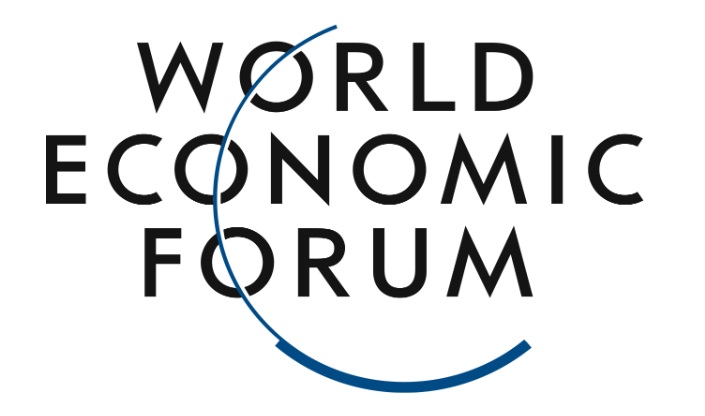
blog cinnamon blog

- event
How to avoid turning your purpose and vision into “picture-filled rice cakes” [Guest: Akira Iriyama] (Part 2)

*This article is reprinted with permission from Diamond Online.
As co-founders of "Cinnamon AI," which provides AI solutions to many companies, Hajime Hotta, who promotes DX in Japan, and Kazuhiro Ohara, who leads the Japanese IT industry with numerous bestsellers, have teamed up.“Double Harvest: Strategic design in the AI era to create a system that continues to win”Immediately after its release, it became the number one business book on Amazon, and has received great praise from top runners in various industries.
This time's talk is"Double Harvest"We will be inviting Professor Akio Iriyama of Waseda University Business School as a guest, who has enthusiastically commented, ``This is a practical book that systematizes AI x business that all managers should read!''
Why is the use of AI not progressing in Japan? How should I set the purpose that is the premise for running the "Harvest Loop"? We asked author Mr. Hotta and Mirai Hirano, representative of Cinnamon AI, about obstacles when promoting DX and specific measures to overcome them (part 2 / 3 parts, composed by Yukihiro Tanaka).
Click here for the first part:The definitive reason why ventures with a market capitalization of over 1 trillion yen do not grow in Japan [Guest: Akira Iriyama] (Part 1)
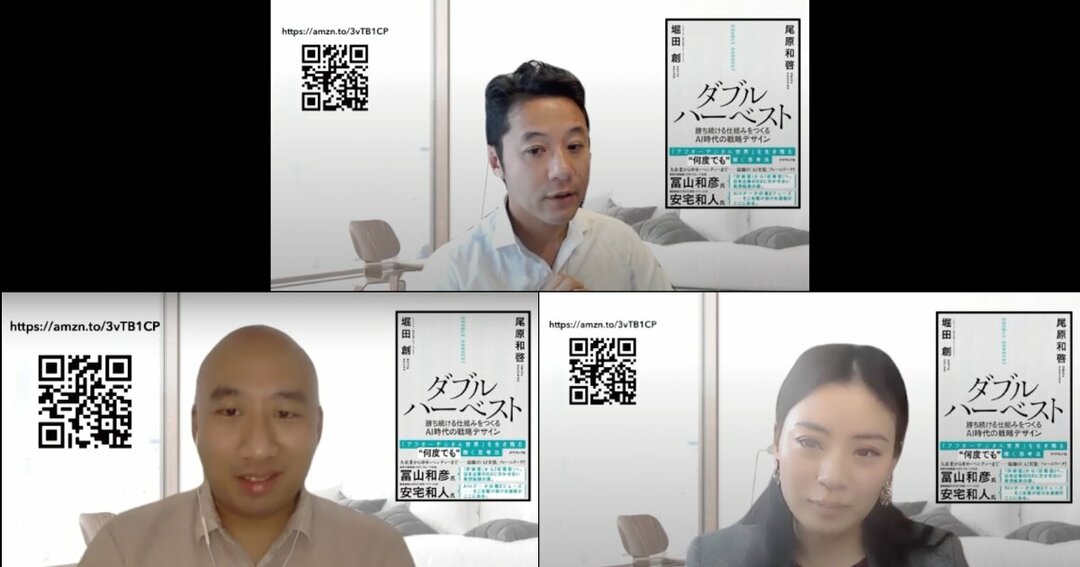
Translating purpose into specific KPIs
Hajime Hotta (hereinafter referred to as Hotta)Let's get back to DX. It is true that AI will not work if there is no purpose, and that AI is just a means to an end, but on the other hand, there are also many cases where people underestimate what AI can do and extremely trivialize it. For example, many people think that AI can only do image classification, and that the accuracy of voice recognition is not that great.
Mirai Hirano (hereinafter referred to as Hirano)It's easier for us to make proposals to companies where purpose has penetrated into the workplace. However, when I talk to companies that don't do this, they tend to talk about simply cutting costs. I feel that it is quite difficult to improve that understanding.
Akira Iriyama (hereinafter referred to as Iriyama)For those people,double harvestI would like you to read ``. When I read this book, I thought of Misumi. Misumi's meviy is a service that allows parts procurement directly from 3D CAD data, and I think it will be used in factories around the world in the future.
In the past, if you created a design drawing using 3D CAD, you could not order parts as is, so you would first turn it into a 2D drawing and then order based on it by looking at Misumi's catalogue, which actually resulted in a longer lead time. It's quite long. However, with meviy, just by uploading a 3D CAD file using drag-and-drop, AI will instantly determine what parts are needed, how much each part will cost, and what the total estimate will be. All that is left to do is place the order automatically, so what used to take a month or two in some cases can now be done in a few minutes.
plainThe more a company has a set purpose, the more the most important KPIs (key performance indicators) are shared within the company. In our current example, the KPI may be the time it takes for the product to reach the customer. If that is clear, then in order to achieve that goal, you can draw a harvest loop in multiple layers, such as how AI can be used to do this and that. However, without KPIs, it is difficult to know what to do and how to do it.
Entering the mountainIt is true that setting KPIs is important. In order to realize this purpose, this KPI is important from a business perspective, and AI helps to raise or lower it and close the gap between it and the ideal.
HottaLast year, I participated in Singularity University's Executive Program, and had the experience of spending about five days trying to figure out how to envision the future and how to set a purpose. For example, in the case of Cinnamon AI, it claims to increase the productivity of experts by 100 times. I felt it was important to set specific indicators such as KPIs in order to avoid becoming too general.
Entering the mountainAfter all, isn't it like a back-and-forth movement between abstract and broad things and the opposite, concrete things? In that sense, I think it makes a lot of sense to divide things up by saying that the purpose is broad, but ultimately the KPI is this.
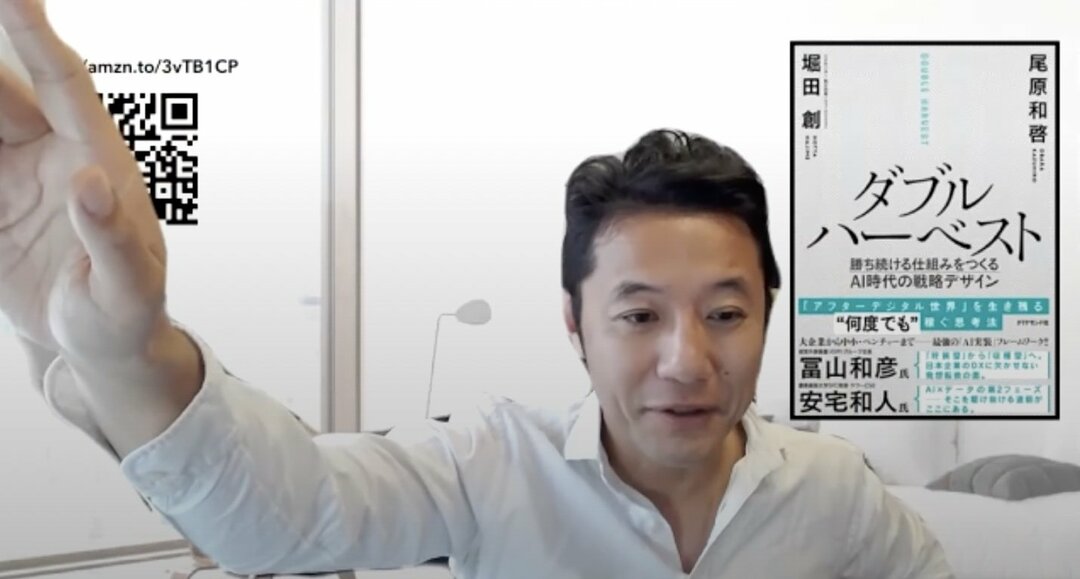
| Akie Iriyama Professor, Waseda University Business School Graduated from Keio University Faculty of Economics in 1996. Completed master's program at the same university's Graduate School of Economics in 1998. After working at Mitsubishi Research Institute, where he primarily engaged in research and consulting for automobile manufacturers and domestic and international government agencies, he left the company in 2003 and entered the doctoral program at the University of Pittsburgh Graduate School of Business. Obtained a Ph.D. from the same graduate school in 2008. In the same year, he became an assistant professor at the School of Business at the State University of New York at Buffalo. Became associate professor at Waseda University Business School in 2013, current position since April 2019. Specializes in business strategy theory and international management theory. In his book “World standard management theory” (Diamond Inc.) etc. |
The purpose you have set is
Why isn't it working?
HottaFrom an AI perspective, I feel that turning purpose into KPIs will work, but I also feel that there are purposes that just don't work. From a management perspective, what kind of purpose makes you feel good? If there is a difference between a purpose that works and a purpose that is difficult to work with, what is it?
Entering the mountainFirst of all, it is crucial that the person who has the purpose believes in it. It's no good for people who say they have a false purpose; do you empathize with them from the bottom of your heart and have the belief that you will spend your entire life accomplishing this?
On top of that, I have a few points, one of which is to use ``verbs.'' This is a matter of rhetoric; purpose (why we are doing something, the reason for our existence), vision (what we want the future to be), and mission (the mission we must fulfill) should all be expressed as ``verbs'' that express what we ultimately want to do. is. For example, Facebook's original mission was to "make the world more open and connected." The more extreme one is Elon Musk, who says he wants to save Earth, so he's going to Mars. “Connect” and “create the world” are both verbs. Expressing it with verbs leads to movement.
Another thing, and this is also a matter of rhetoric, is that it's better to use words that evoke images for purpose, vision, mission, and values (values and behavioral guidelines). In other words, it's better to use words that evoke that image, like ``sweat'' rather than ``do your best.'' It's easier to empathize with both a purpose and a vision if you can imagine a world like this if realized.
In a seminar at my business school, working students and I read top management papers from overseas, and one of them was a paper that researched the conditions for a good vision and values. Statistical analysis yields such results.
HottaIt is interesting. For example, Grab, perhaps due to the wisdom of its investor SoftBank Vision Fund, broadcasts videos depicting the future of the ecosystem that Grab is aiming for, and has made this its mission.
Share your vision with a short movie
bring in friends
Entering the mountainI also think the videos are highly recommended. Nowadays, short movies can be made very easily and cheaply, so it is crucial to embody the world that should be created and to work with people who sympathize with that idea.
For example, Komatsu is one of the few cases that has succeeded globally by incorporating AI and digital technology while manufacturing products. The person who created Komatsu's Smart Construction, which is updating the vision of what construction machinery should be around the world, was an executive officer named Chiyoshi Shike, who told the president at the time, ``If things continue as they are, we'll be in trouble, so make something new.'' Mr. Shike was told this, and after much thought, he drew a punch picture. Until then, Komatsu had only been involved in a few parts of the value chain, but Mr. Shike realized that it would be better to do it all at once, so he immediately brought the diagram to the company president. He went there and appealed to Komatsu directly, saying, ``Isn't this what Komatsu wants to do?'' They said, ``That's it!'' and they gave the go-ahead.
The first thing Mr. Shike did was to name it Smart Construction. Innovations that create things that are not in this world do not have names, so we must give them new names. The next thing I did was create a video. This is a visual representation of the kind of world that would become a reality if smart computers were created. They knew that without videos, it would be difficult to educate the company. It was created more than ten years ago, and the content of the video is still intact.
This is exactly Ikujiro Nonaka's theory of converting tacit knowledge into explicit knowledge and sharing knowledge.
HottaThat's extremely suggestive. Especially when a president needs to talk to each and every person in order to move a large company, if he has a video, he can get everyone's attention all at once like dominoes falling. Conversely, if a purpose cannot be made into a video, it may not work well.
Entering the mountainI agree. After all, that's the kind of world we want to create.
HottaIn the case of venture businesses, the purpose of starting a business is often to create a new future, so the concept of purpose is easy to understand. However, in the case of large companies, their original vision inevitably changes or fades over the course of several decades after its founding. Therefore, I have the impression that it will be difficult to become a change agent because I have to set things up again.
Entering the mountainOn the contrary, it is my understanding that companies that are successful on a global scale constantly conduct such reviews. That is the most important role of a manager. For example, DuPont has something like a 100-year committee, where the management team meets regularly, calls in top experts, and seriously considers what the company's future will be 100 years from now. If this is what the future holds, this is what DuPont's purpose is, and if we embody that purpose, we will create a common understanding that this is what we need to be doing as a business 20 years from now. Unilever and Siemens are doing something similar.
You're also doing a lot of venture business, aren't you? Ikiniii Venture holds training camps once every three months or once every four months. We get together for half a day or a day and have in-depth discussions. That is very important. However, large Japanese companies do not do this. That's why I often tell them to have a training camp. I'm going too, so let's have a training camp.
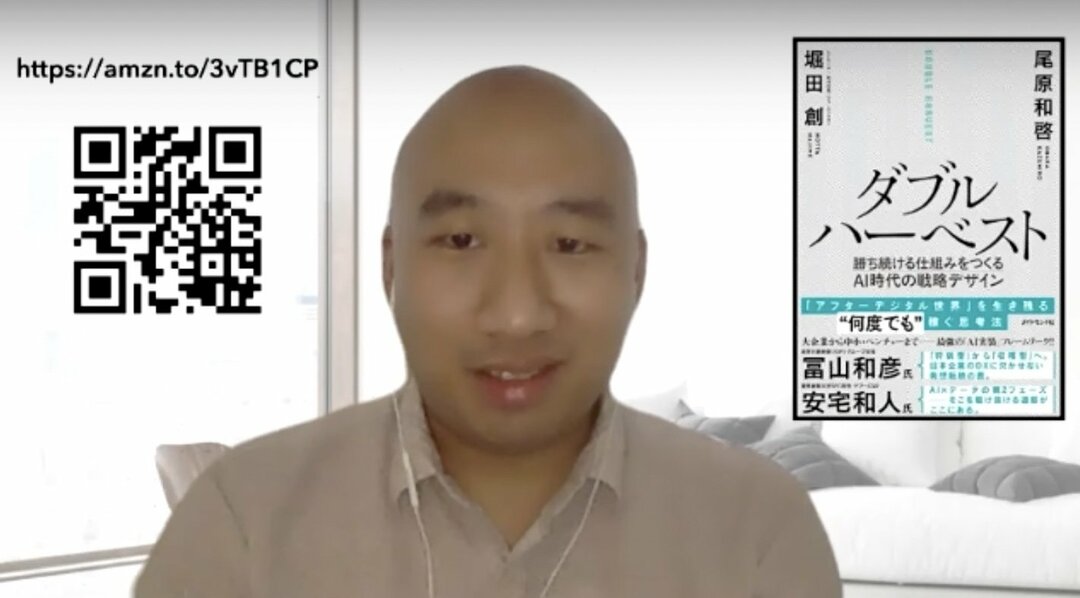
| Hajime Hotta Cinnamon Co., Ltd. Executive Officer/Futurist Born in 1982. Since his student days, he has been consistently engaged in artificial intelligence research such as neural networks, and at the age of 25 completed the doctoral program at Keio University Graduate School of Science and Engineering (Doctor of Engineering). Selected for the "IPA Unexplored Software Creation Project" in 2005 and 2006. Joined Sirius Technologies in 2005 and was responsible for the development of AdLocal, a location-based advertising distribution system. After founding Naked Technology while in school, he sold the company to mixi. Furthermore, he co-founded Cinnamon AI, the hottest AI startup that provides artificial intelligence business solutions such as AI-OCR, speech recognition, and natural language processing (NLP). Currently, he is active as a futurist at the company and is in a position to lead talented engineers in Southeast Asia. In addition, based on our philosophy of ``continuing to be an ally of innovators,'' we also provide advisory and coaching sessions for managers and leaders. While referring to the knowledge of cognitive science, we are exploring methodologies to increase the effectiveness of people and organizations. Lives in Malaysia. 『double harvest' is his first book. |
than the first business
Why things go better the second and third time
HottaEven in a venture, founders can align their goals and visions without any problems, but as the company grows, the number of people increases, and the governance system is in place, it becomes more difficult to be conscious of the future. Defining the ideal employee image and the ideal organizational image is relatively easy as all you have to do is talk about your current ideals, but surprisingly few people run a venture with an eye on the future 20 years from now. I feel that there is.
Entering the mountainVenture businesses tend to fluctuate a lot, so I understand that it's difficult to do what's right in front of you. But if you don't have purpose and passion in your heart, you won't be able to sustain it, because it will be difficult anyway. I see entrepreneurs who are seeing results as having a purpose.
HottaIt's true that you are right. From our worldview, I feel that serial entrepreneurs who are successful on their first or second try are more likely to have purpose.
Entering the mountainI see, that's interesting.
HottaIf you have experience, you can start from the point where you have to look beyond, for example, going public or buying out. However, it seems that entrepreneurs who are still in their first round and don't know what's right and what's left tend to lower their focus more and more.
Entering the mountainI hope more serial entrepreneurs emerge. Shintaro Yamada of Mercari is exactly like that.
plainI don't think it's necessary to set a purpose first. As you make small changes, your purpose will become verbalized.
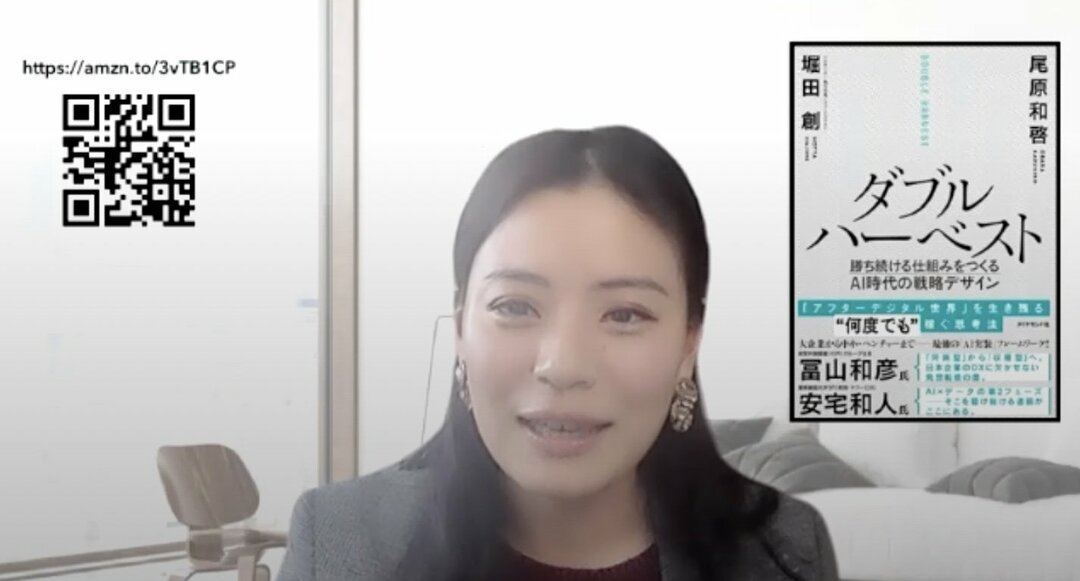
| Miku HiranoPhoto: Bottom left Cinnamon AI representative Serial entrepreneur. Completed graduate school at the University of Tokyo. Engaged in research on recommendation engines, complex networks, clustering, etc. It was twice selected for the IPA Unexplored Software Creation Project in 2005 and 2006. Founded Naked Technology while still in school. Develops and operates middleware that allows you to develop apps on iOS/Android/flip phones. In 2011, the company was sold to Mixi. She has received many awards both domestically and internationally, including ST.GALLEN SYMPOSIUM LEADERS OF TOMORROW, FORBES JAPAN "Entrepreneur Ranking 2020" BEST10, Woman of the Year 2019 Innovative Entrepreneur Award, VEUVE CLICQUOT BUSINESS WOMAN AWARD 2019 NEW GENERATION AWARD. He has also given a keynote speech at AWS SUMMIT 2019, Milken Institute Japan Symposium, 45th Japan-ASEAN Management Conference, Bloomberg THE YEAR AHEAD Summit 2019, etc. Since 2020, he has been appointed as a member of the Cabinet Secretariat IT Strategy Office and a special member of the Cabinet Office Tax Investigation Committee. From 2021, he will serve as an expert member of the Cabinet Office's Economic and Fiscal Policy Council. In her private life, she is a mother of two children. |
Entering the mountain(Looking at Mr. Hirano) If you think about it, there's a serial entrepreneur here, right? (laughs) A typical success story. What about Mr. Hirano?
plainCinnamon is our second company, but the app business we started with failed. So, I started working in the AI business three or four years after I founded the company, and at that time I had a child, and that's when my purpose was set. By the time my children's generation starts working, the current way of working will have to change, and it is my generation's role to do that.
HottaI have been working with the company since the first company, and the difference between the first company and the second company is that the resolution has improved in terms of what is acceptable to say externally and what is not acceptable. That is to say.
When we started our first company, both of us were students, so we didn't realize that people wouldn't believe us if we said things like that, and we experienced how our initial ideas were gradually becoming smaller and more compact. Still, as a business, it was somewhat successful, but as someone who is doing it, I don't find it interesting at all. That's when I started my current company, wondering what could make a big difference in the world.
Because of that experience, I am aware that even if you have a big purpose or vision at the beginning, if you don't have a strong enough vision that no one can crush you, external pressure will gradually make you smaller.
Entering the mountainI see. In that sense, it is important to choose good investors and partners. Mr. Cinnamon is reassuring because Professor Hiroaki Kitano of Sony Computer Science Laboratories is also with him. There are people who don't want to be small and want to aim for the big world.
plainAs you say. I think it's very important to have someone who is a successful business owner join as your first angel investor, as it will give them a lot of understanding.
Reprint source: Diamond Online / Akira Iriyama:https://diamond.jp/articles/-/271519
"Double Harvest"
Book details and publicationhereYou can check from here.
Continued to the second part:If you look at the person in charge of digital, you can see what the company will look like in 5 years [Guest: Akie Iriyama] (Part 2)
Recommended articles
-
 event
event -
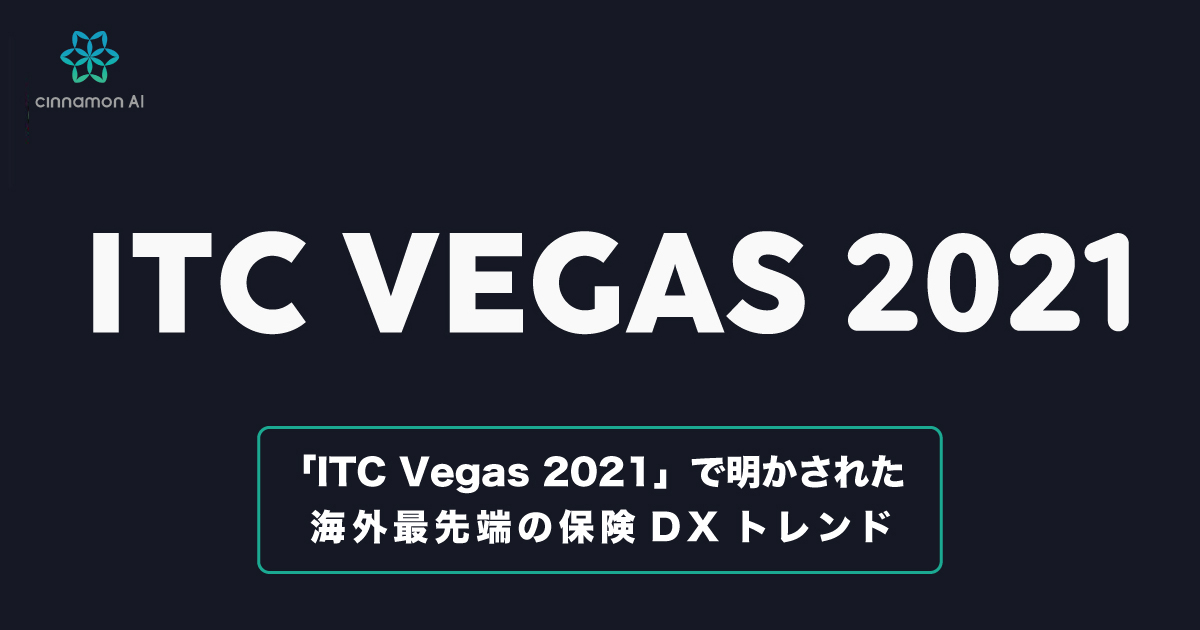 event
eventOverseas cutting-edge insurance DX trend web revealed at “ITC Vegas 2021”…
Overseas cutting-edge insurance DX trend webinar revealed at “ITC Vegas 2021”…
-
 event
event[5 days only] Double Harvest Summit, archive distribution public page
[5 days only] Double Harvest Summit, archive distribution public page
